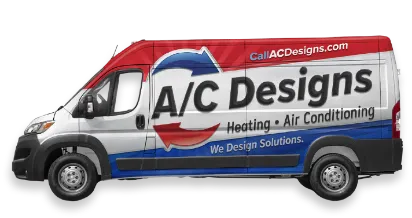2023 Changes to SEER Ratings
December 15th, 2022Air conditioner efficiency ratings are changing in 2023. As of January 1st, 2023, all SEER ratings will be replaced with SEER2 ratings. These new regulations will vary by region and positively impact the environment due to their enhanced efficiency. Moving to SEER2 ratings will change many things regarding energy consumption, utility bills, replacement part availability […]

